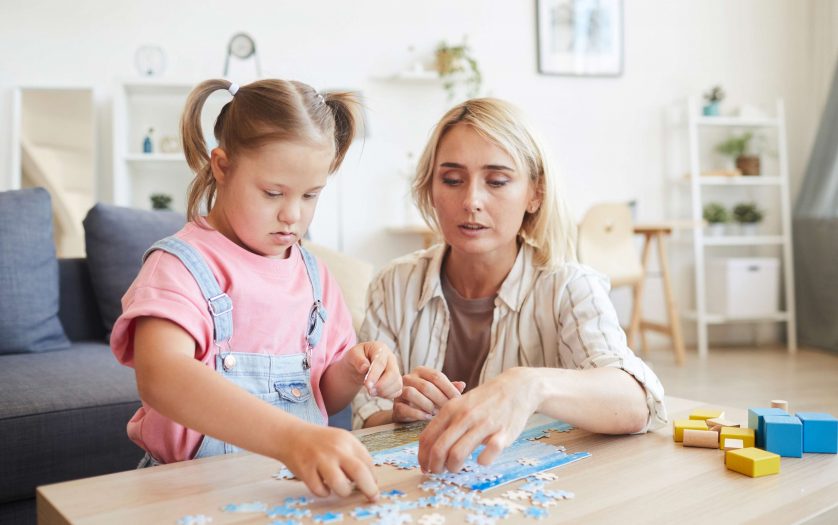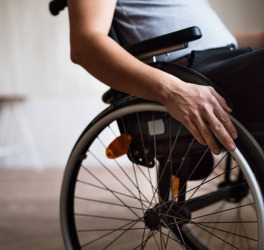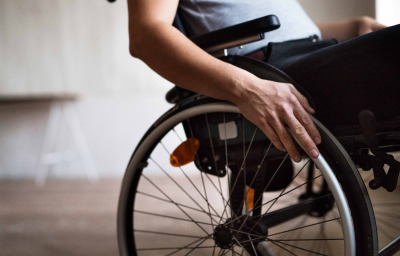
First Nations people with disabilities and their families who have interacted with child protection systems will tell their stories at the next public hearing of the Royal Commission into Violence, Abuse, Neglect and Exploitation of People with Disability.
‘The experiences of First Nations people with disability and their families in contact with child protection systems’ will be the subject of the Royal Commission’s eighth public hearing, to be held at its Brisbane headquarters from November 23-27, 2020.
The hearing will be closed to the public, but will be live-streamed on the Royal Commission website.
Royal Commission Chair, Ronald Sackville AO QC and Commissioner Alastair McEwin AM will hear evidence in the Sydney premises of the DRC, while Commissioner Andrea Mason OAM and Commissioner Roslyn Atkinson AO, will sit in Brisbane.
‘This hearing will mark the first hearing the Royal Commissions will hold that will specifically examine the experiences of First Nations people with disability,” Mr Sackville said.
“The Royal Commission is aware of the notion of inquiry fatigue for First Nations people, however, we are committed to examining the cumulative impacts of ableism and racism for First Nations people with disability.
“We will look closely at the deeply complex interactions between prevalence of disability, abuse, the experience of trauma and the ongoing impacts of colonisation for First Nations people, and respond to key concerns raised by them and their representative organisations during our First Nations-specific public hearings.”
Commissioner Mason acknowledged that the issues to be explored at the hearing are longstanding, and that First Nations people may find the experience of truth telling at a public hearing to be painful, but urged those with lived experience to come forward.
“The Disability Royal Commission seeks to learn about and understand the harsh realities that First Nations people experience in their daily lives as they deal with child protection systems,” Ms Mason said.
“We acknowledge the pain and difficulty experienced by generations past and present, but seek to hear from them in their own voice so that we may report not anecdotally, but with the full force of their experiences.
“It is an important step to help rectify injustice and we offer our heartfelt support and encouragement to our First Nations community to come forward.”
Data shows disability is twice as common for First Nations people, (38 per cent), compared to the general population (18 per cent) while there is an over-representation of First Nations children in out of home care.
It is also expected to gather evidence about the experiences of First Nations parents with disability in contact with child protection systems, including to consider whether systemic failings identified may amount to systemic violence and/or neglect.








